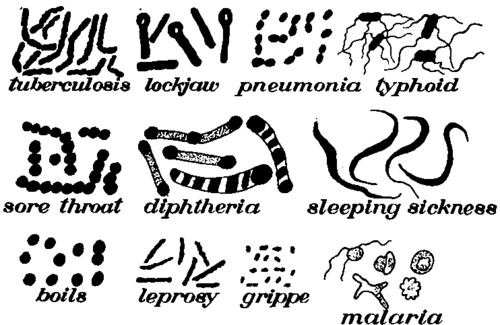People in Japan are having surgery on their hands to change their future. The Japanese are big believers in palm reading. They spend a lot of money on visiting palm readers. A cheaper palm reading costs around $70. Many people are unhappy with the lines on their palms. They think some of the lines mean a part of their future will be bad. They are having an operation to change the length and shape of the lines because they hope this will give them a brighter future. The operation takes just 15 minutes and costs about $1,000. The doctor uses an electric scalpel to burn a line on the palm of the hand. It leaves a scar that takes a month to heal. The line looks like a money-luck line, happiness line or love line.
There are many doctors who say changing the lines on your palm does not work. They say it cannot change your future because it isn't natural. Subodh Gupta, a palm reader from London, agrees. He said: "I read about this surgery and I was very surprised. Even by having surgery, the lines cannot be changed." He added: "If you want to improve your fortune, take physical actions. So if you want greater health, do some exercise." However, people who have had the surgery say it has changed their life. A Tokyo surgeon said he gave a female patient a wedding line and she got married soon after. He said two other patients won the lottery after he made their fortune line longer.
Do you believe in palm reading? If you do, would you like to 'improve your future?'





